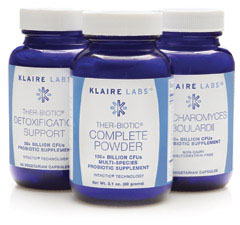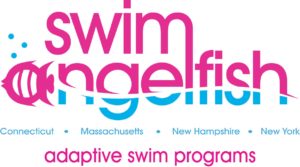 I interviewed Janessa Rick of Body4Brain, a brain-based assessment and therapeutic treatment approach in Greenwich, CT.
I interviewed Janessa Rick of Body4Brain, a brain-based assessment and therapeutic treatment approach in Greenwich, CT.
Sign up below for the replay:
Janessa’s approach brings together brain based theory with her 25 years of experience as a physical therapist and holistic body worker.
This approach can help children with their academic, behavioral and developmental skills. It can also help children and adults with rehabilitation needs.
Janessa Rick helps individuals with sensori-motor processing disorders such as autism, ADHD and Sensory Processing Disorder.
She uses techniques including NDT, Myofascial Release and Pilates. She creates an energetic, fun and most importantly, successful treatment for you and/or your child.
In this webinar, we also talked about hypotonia, retained reflexes and developmental delays. We also discussed the therapy-based school that Janessa plans to open in the fall of 2016.

 I’d like to let everyone know that I am now offering my clients world-class probiotics from Klaire Labs and supplements from their parent company, ProThera.
I’d like to let everyone know that I am now offering my clients world-class probiotics from Klaire Labs and supplements from their parent company, ProThera. My older son with sensory processing disorder (SPD) benefited greatly from going to a land-based occupational therapist (OT) for six months. I asked her what we should do about him learning to swim, given that he had such a bad experience with it when he was 2 years old.
My older son with sensory processing disorder (SPD) benefited greatly from going to a land-based occupational therapist (OT) for six months. I asked her what we should do about him learning to swim, given that he had such a bad experience with it when he was 2 years old. WARNING: I am a huge, biased fan of Cindy Freedman and Ailene Tisser of
WARNING: I am a huge, biased fan of Cindy Freedman and Ailene Tisser of 
 Learn how toxins and lifestyle factors contribute to autism, PDD-NOS, ADHD, sensory processing disorder, hypotonia, retained reflexes and developmental delays.
Learn how toxins and lifestyle factors contribute to autism, PDD-NOS, ADHD, sensory processing disorder, hypotonia, retained reflexes and developmental delays. Here’s another reason to eat organic food and stop spraying your lawn: even low levels of organophosphate pesticides cause brain damage. Exposure is linked to a decline in memory and slower processing speed.
Here’s another reason to eat organic food and stop spraying your lawn: even low levels of organophosphate pesticides cause brain damage. Exposure is linked to a decline in memory and slower processing speed.  Why is there such an epidemic of autism, ADHD, allergies, asthma, autoimmune diseases and more in our children today?
Why is there such an epidemic of autism, ADHD, allergies, asthma, autoimmune diseases and more in our children today? About 10% of kids born with kidney defects have large genetic links to neurodevelopmental delay and mental illness.
About 10% of kids born with kidney defects have large genetic links to neurodevelopmental delay and mental illness.

